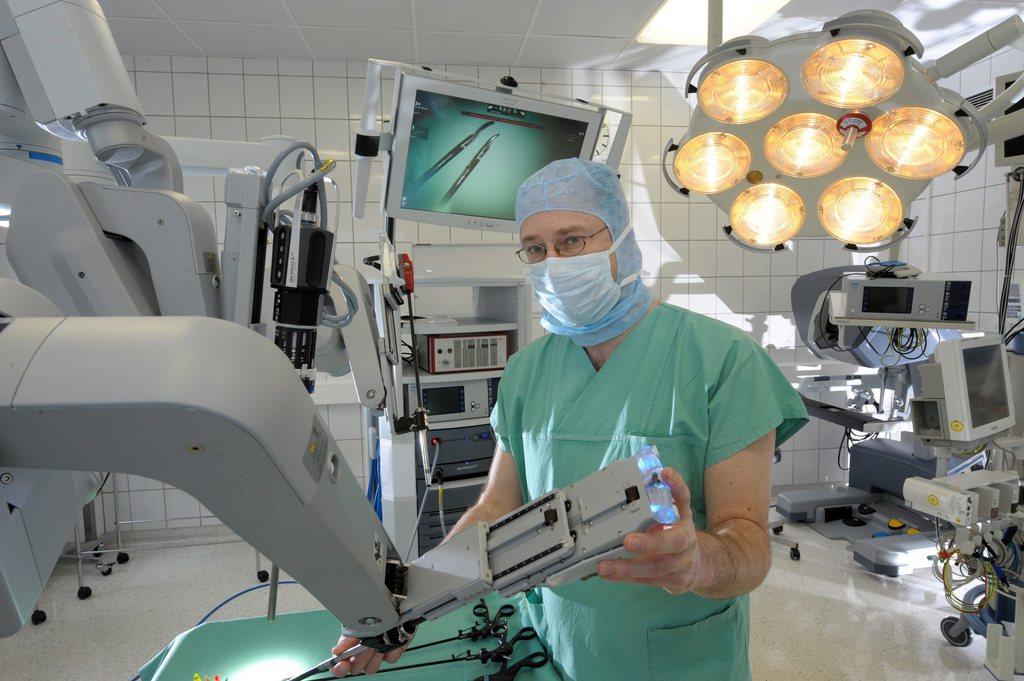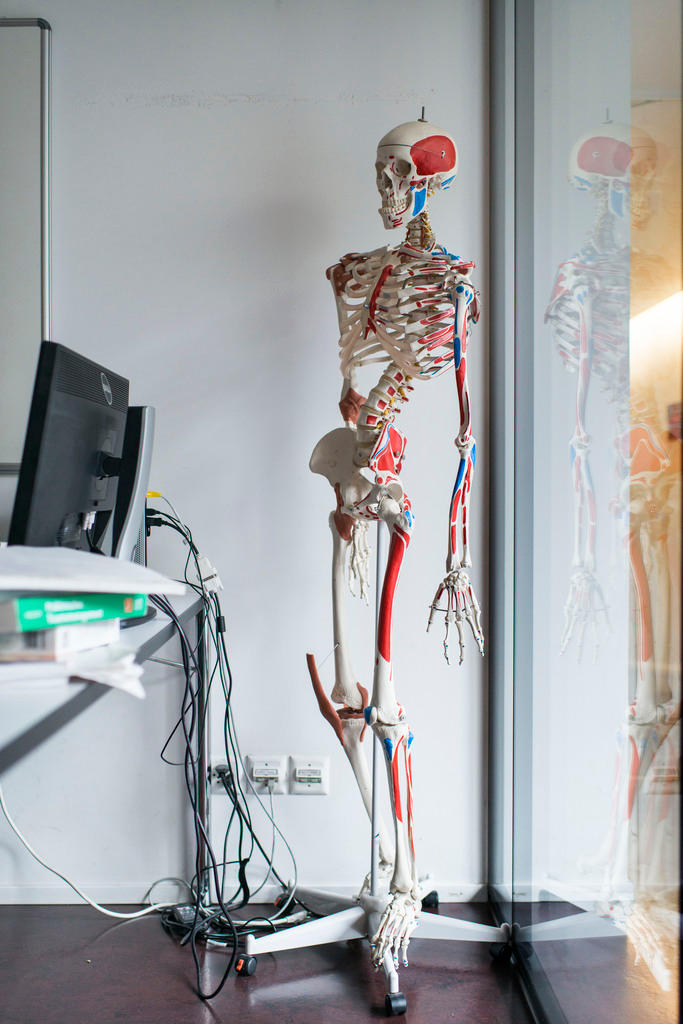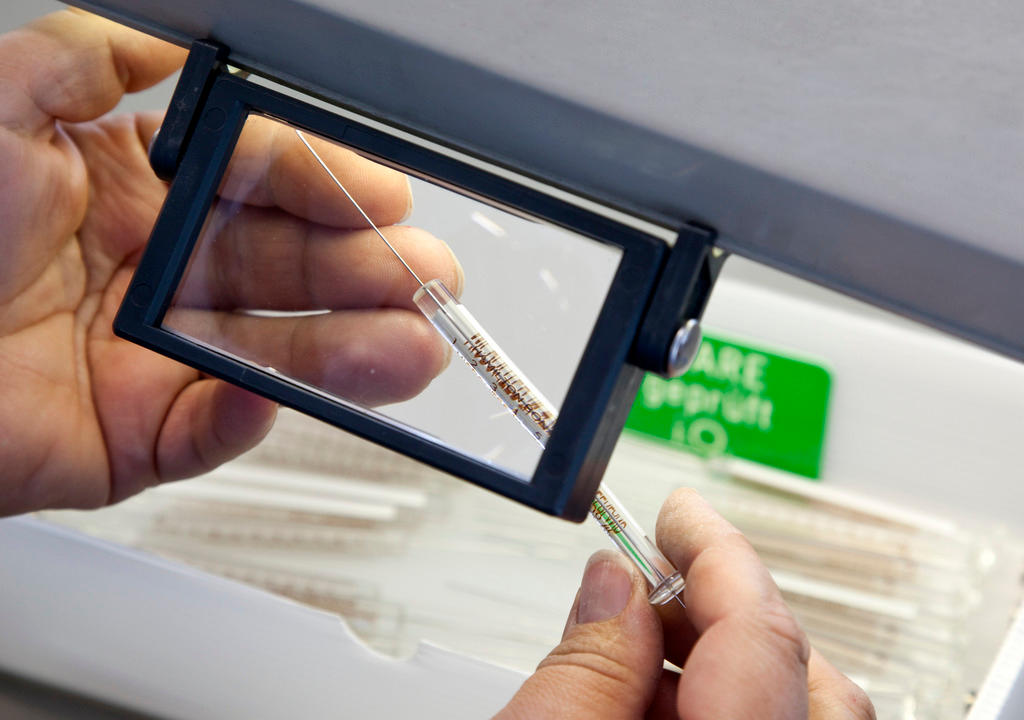Pharma companies put faith in AI for breakthroughs

Global pharmaceutical companies, including Novartis and others based in Switzerland, are increasingly turning to artificial intelligence to develop new drugs. But this may not lead to lower prices.
In 2013, US start-up Berg was asked by the Department of Defense to help improve the detection of prostate cancer, a disease common among pilots. Less than five years later, an artificial intelligence-driven tool has been tested on more than 1,000 patients with promising results.
Excitement about AI, machine learning and big data have prompted a boom in health-tech start-ups in a market traditionally dominated by big pharma.

More
Financial Times
External linkDespite debate over the extent to which AI will revolutionise medical science, billions are being bet on something revolutionary emerging to drive the next big leaps in drug development
This year has seen a jump in investment from big pharma and a range of joint ventures with health tech groups. In 2018, at least 15 companies have integrated AI into their drug discovery processes, according to Deep Knowledge Analytics, an analysis company.
“We’ve seen huge interest from many of the major pharma companies” in the past 18 months, says Andrew Hopkins, chief executive of Exscientia, an AI-driven drug discovery company working with GlaxoSmithKline.
Other partnerships include AstraZeneca’s and Sanofi’s projects with Berg, and Merck’s work with Numerate, another drug design company. In-house developments include Pfizer using AI to mine patient data — stored anonymously in electronic medical records — for signs of a rare form of heart failure. Novartis hopes a drug part-developed with AI will be registered within the next 36 months.

More
Novartis: The making of a pharma giant
“We see ourselves shifting from the mindset of a traditional pharma company to [one] more inherently agile, typical of a tech company,” says Badhri Srinivasan, Novartis’s head of global development operations.
About $5bn was invested in AI companies in 2016, according to consultancy IP Pragmatics, with healthcare one of the fastest growing sectors. By 2021, the value of the segment is expected to reach $6.6bn, with particular growth in China.
In the UK, five new government-funded technology centres will open in 2019, using AI to accelerate disease diagnosis with the aim of making the National Health Service more efficient.
In early-stage drug discovery, start-ups such as BenevolentAI use algorithms to comb through enormous quantities of data for patterns humans alone might not find and generate new hypotheses to medical problems. With hypotheses come potential solutions: companies such as Insilico are using AI to design treatments not yet found in nature or chemical libraries; others use AI to simulate clinical trials, before selecting real-life candidates.
The hunt for efficiencies is particularly important in an industry suffering from miserable statistics. It takes an average of 12 years and costs of $2bn to bring a drug to market, and most clinical trials are unsuccessful. According to a report from Deloitte, projected returns on drug discovery R&D investment fell to their lowest level in eight years in 2017, while spending increased.
Inefficiencies and inaccuracies mean “all we’re doing is magnifying the trial and error process,” says Niven Narain, Berg’s chief executive.
High attrition rates are one of the reasons for expensive drug prices, as pharma companies look to offset the cost of failed projects against the few successful ones. Improving productivity “hopefully will have downstream effects”, says Julie Schiffman, vice-president of business analytics at Pfizer.
Others are uncertain. “AI won’t necessarily drive the cost of drugs down,” says Eric Sandor, of Genpact Consulting’s pharmacovigilance division. “What it will probably do is identify drugs that can be specifically formulated for small groups of patients . . . that are more specialised, which could therefore be more expensive.”
AI is not a silver bullet, says Simon Smith, chief growth officer at BenchSci, an AI-driven biomedical search engine. “The risk inherent in developing a drug isn’t going to go away just because you used a machine to do it,” he says.
Despite the recent hype, there is a lack of AI specialists and “promising” drug discovery start-ups, according to Deep Knowledge Analytics.
Moving beyond the “low-hanging fruit” to discoveries that make drug development drastically faster or cheaper will be “much harder” than achievements to date, says Mr Smith.
It may be that current algorithms are focusing on the wrong things, he says. “If the processes themselves aren’t going to make the next big breakthrough, it doesn’t matter if we expedite them by 100 times.”
Copyright The Financial Times Limited 2018

More
AI has ‘enormous’ potential to transform health sector

In compliance with the JTI standards
More: SWI swissinfo.ch certified by the Journalism Trust Initiative




You can find an overview of ongoing debates with our journalists here. Please join us!
If you want to start a conversation about a topic raised in this article or want to report factual errors, email us at english@swissinfo.ch.